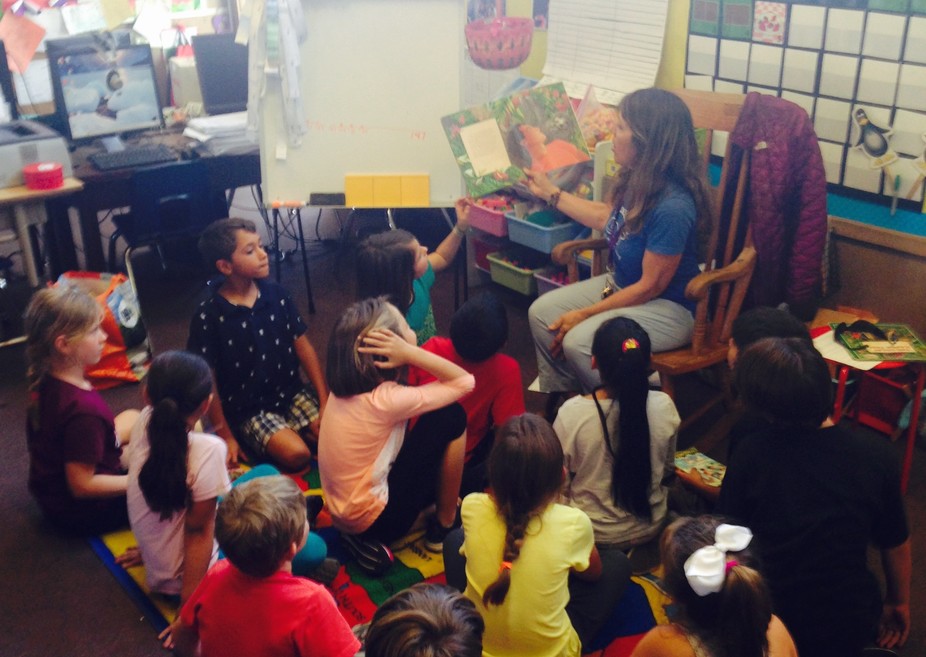Technology is increasingly becoming a fundamental part of our lives. Its adoption to the various functionalities of a person’s life from childhood with playing toys to adulthood has made life easier and complex at the same time. Its implementation is being advocated for yet its effects seem to grow with each passing day. However, it is important to understand that its use is diverse and the benefits associated outweigh the limitations and effects. As a fact, technology utilization in a classroom is now being used in schools for different learning activities. Today, many teachers have taken to issuing exam papers, …
Continue reading “6 Ways Technology Utilization in a Classroom Environment”










